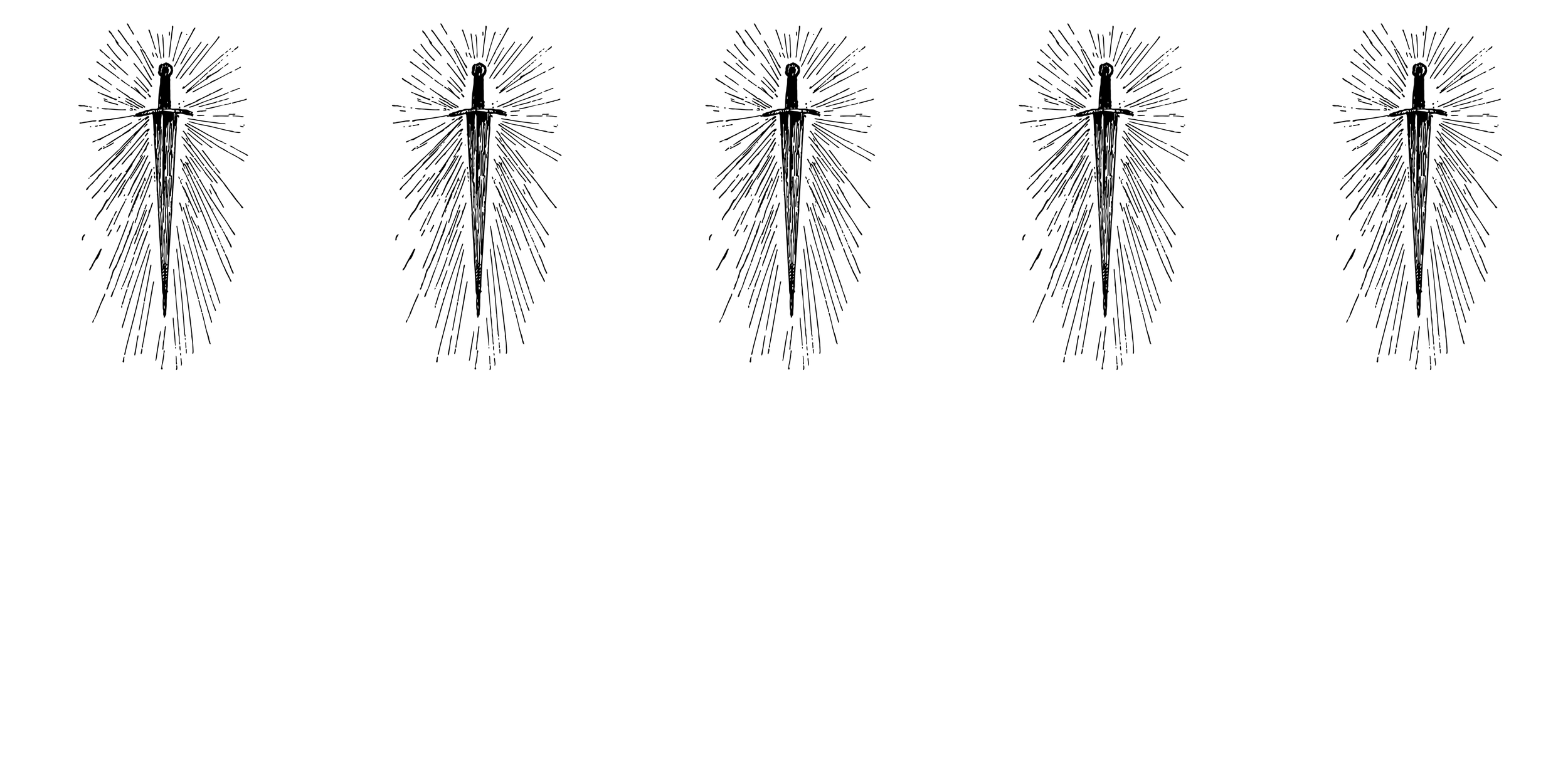KMWR: I have a friend who is reading an entire book devoted to hot dogs. Turns out people eat on average 70 hot dogs per year. What do you say--do you think that number is accurate?
SD: I don't know if that number is accurate or not these days, unless you include vegan wieners. But I know I eat about that many. My immigrant mother worked for a meat packing joint that made hot dogs. Despite that, despite knowing exactly what went into them, she enjoyed an occasional hot dog with relish during summer barbecues or on visits to Zellers where they sold hot dogs at their grill and even offered red relish for them. Thus, I never developed an aversion to hot dogs. Nothing is better than a late night hot dog when you spill out of a club a little tanked up ... I mean, I used to enjoy that back in the day. I'm babbling. Hot dogs are cool, shout out to my mother.
KMWR: I found in a previous interview that your writing process tends to involve either planned research or, from how I understood it, stream-of-consciousness writing. You said, "Sometimes, they do not survive the process." I'm curious about what you mean by a story's "survival." What helps a story that you're writing make the cut?
SD: I think once I start editing, moving things round, cutting and so on, I sometimes go too far. I remove so much tissue the whole thing falls apart. I'm a firm believer in overwriting and then whittling a story down. But I have gone way too far at times and destroyed what may or may not have been a good story. What helps a story make the cut is a) if it was written well from the get go, a rarity and b) if after my savage machinations it comes out as seamless and polished as I envisaged it. If not, I have no trouble deleting it. I have done so too many times to count.
KMWR: I'm intrigued by how often the difficult men in this story can't tell if the other is joking or not--they desire to entertain but prickle at the thought of being laughed at. It oozes this anxiety around male friendships--can you say more about these characters' posturing? I also enjoyed how the attempts for humor are leveraged to create a sense of unease. The "friendship" at stake seems to be about more than just meeting up at the best hot dog joints. Am I reading too much darkness into this story about guys eating hot dogs?
SD: Haha, I think there is a dark note underscoring this story. And does concern male friendships and the space they occupy in our current times. I know I am never more comfortable than when I am playing poker with my male buddies—the freedom to say anything you want without judgment or correction, the implicit sense of humor, ironies, male-posturing, and hierarchical tensions always just under the surface but respectfully maintained unless real provocation occurs—and I say that unapologetically. I think this story tries to exploit the weird place North American men find themselves these days, particularly men without romantic partners. It seems a lot of their anxieties aren't being probably vented, as they would be, say, in a longstanding poker game where trust has been well-established and there are no boundaries or limitations to expression. I find it both strange and offensive that men hanging out together without women bothers some folks. Men without women may or may not be a problem—and I'm speaking about heterosexual oriented people, no offense to others. But men without solid male friends is a big problem.
KMWR: Despite the narrator booking it, I can't help but linger on the thought of Joe and Barns signing the pact. Do they do it? I feel like Joe is able to convince Barns to do it.
SD: I get the impression that Joe and Barns are fully willing to sign the pact or contract, and their willingness to do so is what really spooks the narrator.
KMWR: What are your current writing goals? Anything you're working on right now that you're excited about?
I've finished a book of poetry and am hoping for publication in 2025, but I've also been working on a series of short shorts that seem to be falling into place. At some point I do want to write a longer piece of fiction, a novel or novella.
KMWR: Lastly, what are you reading right now and what would you recommend?
SD: I've been digging on Timmy Straw's strange and amazing poems. It's a new voice, a new tone, one I've never heard before, haunting, eloquent, far out. They are poems that demand reading and rereading. Also, I was recently introduced to the fabulous short stories of Etgar Keret, the Israeli writer, who reaches a Kafkaesque level of wit and strangeness in his best work. Grazie.
♤♡
♧♢
Salvatore Difalco is a Sicilian Canadian poet and writer currently residing in Toronto.
Recent work appears in Cafe Irreal, Third Wednesday, and RHINO Poetry.
